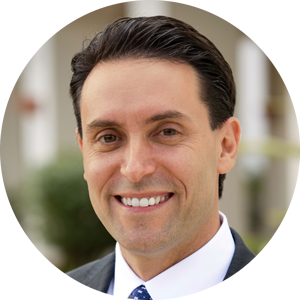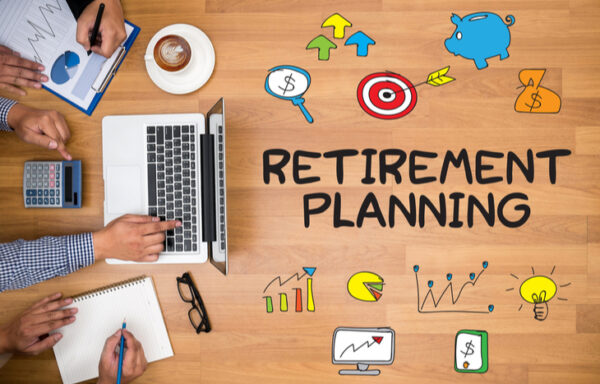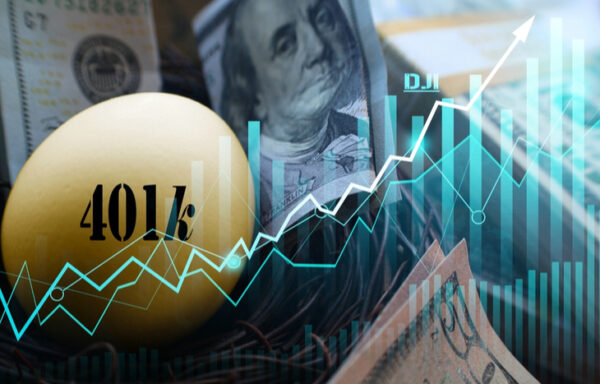Coronavirus and the Markets: What You Need to Know
Every new reported case of COVID-19, the disease caused by the novel coronavirus, seems to send the Dow Jones Industrial Average down another 100 points.
The popular perception that the federal government is unprepared for an outbreak in the United States doesn’t help matters.
That has wreaked havoc on the markets. They fell 13% in seven trading days.
Is it different this time? It certainly feels like it. Events are being canceled around the world. Schools are closing in Japan, and factories in China have temporarily shut down.
Yet more people have died from the flu in the United States in 2020 than have succumbed to COVID-19 worldwide.
The market sell-off looks like a “shoot first, ask questions later” response. Stocks have been in a bull market for 11 years. The virus scare could be an excuse to take profits.
Investors might also be selling stocks because first quarter earnings will most certainly be affected for some, and perhaps many, companies.
So should you sell your stocks?
It depends on your time horizon.
If you need the money that’s in the market within the next three years, you should sell. But don’t sell because of coronavirus – sell because you can’t afford any setback in the market.
I’ve been telling readers the same thing for years. It has nothing to do with a bull market, a bear market, nasty viruses, presidential elections or any other event. It’s a pure money management strategy.
If you’re a longer-term investor, I would ignore the news (from a financial perspective) and continue to hold on to your investments.
Could the virus spark the next recession or bear market? Sure, it’s possible. But as a long-term investor, you shouldn’t be worried about that.
Remember, you’re not concerned with the next 18 months or two years. You’re concerned with the next five to 10 years (or more).
We know that over the long term, stocks go up. The average annual return is about 10% per year.
That includes pandemics, political upheaval, wars, recessions, heart-stopping drops in the market and every other calamity you can think of that has affected the world and the markets over the past several decades.
Investors who get spooked and try to time the market typically bail out near the bottom when fear and pain are at their greatest. Then, after the market rises a lot, they get back in.
Think back to the financial crisis in 2009. Millions of investors cashed out, taking losses only to buy back in the past few years when bull market mania was at its height.
I wish I could tell you when the sell-off will end. No one can tell you that. And anyone who says they can is lying to you or to themselves.
What I can tell you is that if you’re a long-term investor, while the current environment is painful and a bit chaotic, it’s probably not different this time. It never is.
The Great Recession was supposed to be different. The factors that led to the meltdown certainly were. The market’s drop was terrible. And then it recovered, and long-term investors who held throughout the bear market continued to make money.
I’ll offer you the same advice I give to my kids, and it’s appropriate for most situations: Wash your hands often, stay hydrated and don’t panic.
About Marc Lichtenfeld
Marc Lichtenfeld is the Chief Income Strategist of Investment U’s publisher, The Oxford Club. He has more than three decades of experience in the market and a dedicated following of more than 500,000 investors.
After getting his start on the trading desk at Carlin Equities, he moved over to Avalon Research Group as a senior analyst. Over the years, Marc’s commentary has appeared in The Wall Street Journal, Barron’s and U.S. News & World Report, among other outlets. Prior to joining The Oxford Club, he was a senior columnist at Jim Cramer’s TheStreet. Today, he is a sought-after media guest who has appeared on CNBC, Fox Business and Yahoo Finance.
Marc shares his financial advice via The Oxford Club’s free daily e-letter called Wealthy Retirement and a monthly, income-focused newsletter called The Oxford Income Letter. He also runs four subscription-based trading services: Technical Pattern Profits, Penny Options Trader, Oxford Bond Advantage and Predictive Profits.
His first book, Get Rich with Dividends: A Proven System for Earning Double-Digit Returns, achieved bestseller status shortly after its release in 2012, and the second edition was named the 2018 Book of the Year by the Institute for Financial Literacy. It has been published in four languages. In early 2018, Marc released his second book, You Don’t Have to Drive an Uber in Retirement: How to Maintain Your Lifestyle without Getting a Job or Cutting Corners, which hit No. 1 on Amazon’s bestseller list. It was named the 2019 Book of the Year by the Institute for Financial Literacy.






